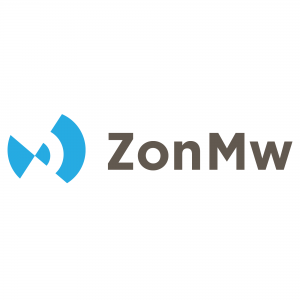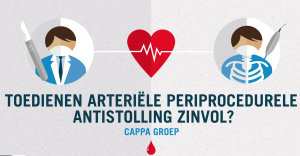The international ACTION-1 study on the optimal dosage of the anticoagulant heparin during
aorta surgeries has prematurely ceased to enroll new patients. The study investigated
whether a different method of administering heparin could lead to fewer complications in
patients. An interim evaluation has revealed that the study, initiated by the Dijklander
Hospital, can no longer achieve its goals.
The optimal dosage of heparin is unknown. In most cases, a standard dose of 5000 units is
given once. The effectiveness of heparin can be measured with a simple test, which assesses
the extent to which blood clots. This is called the Activated Clotting Time, or ACT. Up to now,
this has not been standard practice in arterial surgeries, though it is in all heart surgeries.
The study examined what the optimal dosage of heparin is. Patients either received the
standard dosage or a dosage determined by the ACT. It was expected that this study would
provide more insight into the optimal dosages of heparin, minimizing the patient’s risk of
complications.
Before the official ACTION-1 study began, a pilot study was conducted with 54 patients.
During this pilot study, no patients died, and it appeared that patients who received the
optimal heparin dosage determined by the ACT had fewer complications. It was expected
that the actual study would confirm this finding.
However, an interim evaluation of the definitive ACTION-1 study has now shown that the
group of patients whose dosage was determined by the ACT did not have more bleeding
complications than the group that received the standard dosage, but there were more
deaths in this group. Although there are no indications that the increased mortality is due to
the administered amount of heparin, this study will not be able to conclude whether it is
better to determine the dosage based on the ACT. Therefore, the study has prematurely
stopped enrolling new patients.



